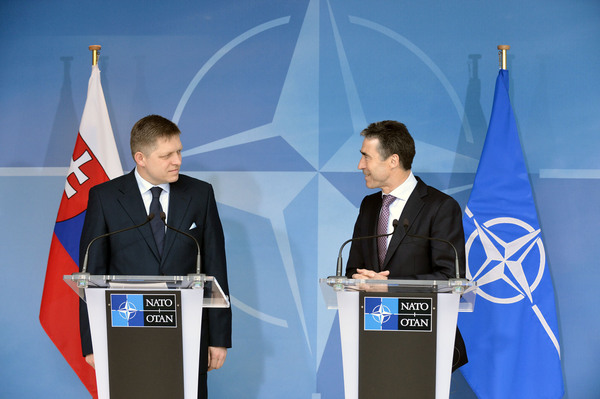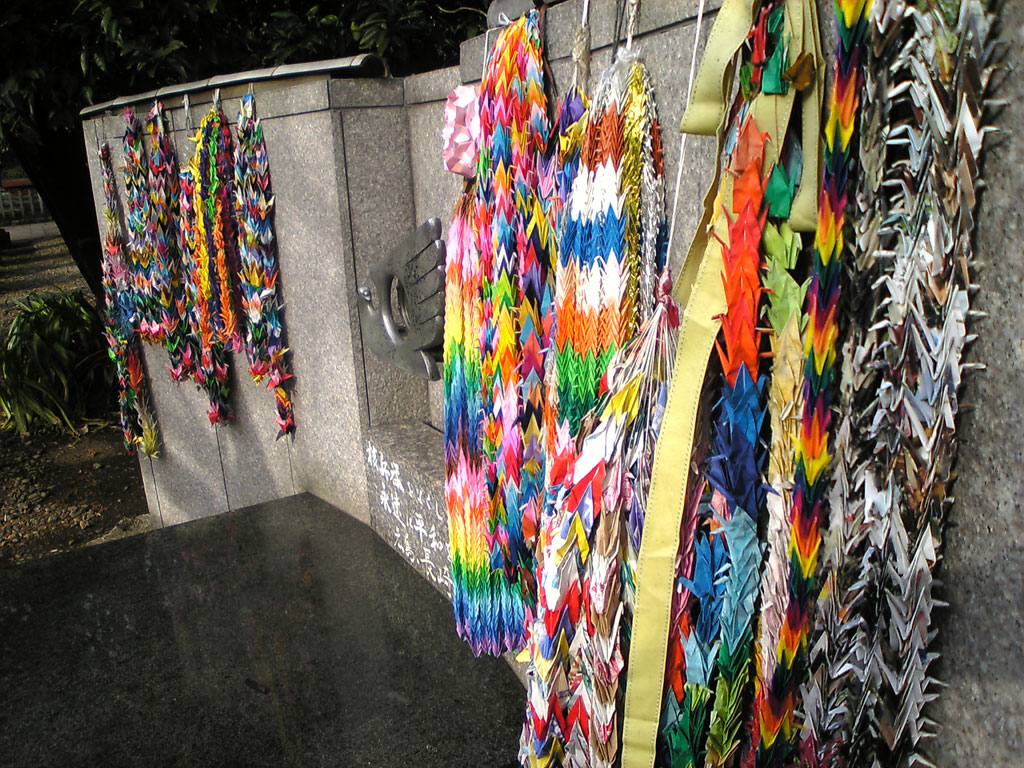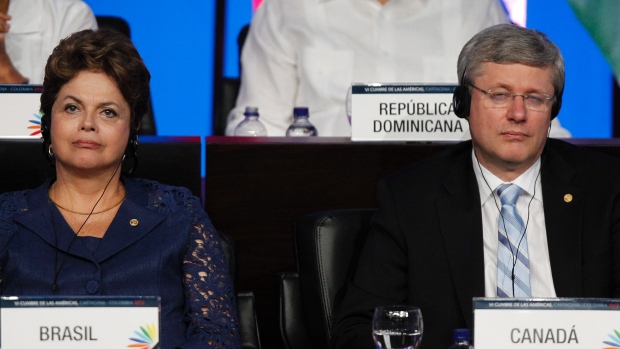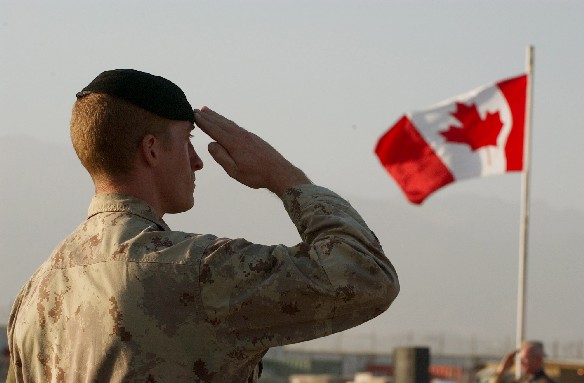Renowned American academic and avid Russophile, Stephen F. Cohen, recently warned that East-West relations might be on the verge of a new Cold War. In this worrisome repeat of a half-century of East-West tension, central and eastern European states will be forced to choose one of two divergent paths: Moscow or Brussels.
Yet Slovakia, located in the heart of central Europe with a population of roughly 5.4 million people, has managed effectively to steer a middle course between subservience to Russia and obedience to the West. On one hand Slovakia has transformed itself into a politically indispensable and economically bustling partner of Europe. Since gaining EU and NATO membership in 2004 Slovakia has professionalized its military by abolishing conscription, contributed men and materiel to NATO’s International Security Assistance Force (ISAF) in Afghanistan and declared publicly that the Crimean referendum was illegitimate. Less than three weeks ago, Bratislava, the Slovak capital, hosted the Global Security Forum. Economically, Slovakia adopted the single currency in 2009 and according to the European Commission’s statistical body, Eurostat, Slovakia’s GDP growth of 0.9 per cent in 2013 beat the EU average of 0.1 per cent and even outpaced the German economy.
On the other hand, Slovakia has in recent years inched toward something of a diplomatic reconciliation with Russia. The Intergovernmental Commission on Economic, Scientific and Technical Cooperation (ICESTC), chaired by Russian Deputy Prime Minister Dmitry Rogozin and co-chaired by Slovak Foreign Minister Miroslav Lajčák, has strengthened a bond left weak by nearly fifty years of socialist rule. Alongside Russia and Serbia, Slovakia has refused to acknowledge the breakaway Republic of Kosovo. In 2008 Slovakia sided with Russia during the Russian-Georgian War over South Ossetia. More recently the Slovak Government has voiced concerns over the West’s economic sanctions on Russia, cautioning its European counterparts to take more seriously the economic impact of the sanctions on central Europe.
Perhaps the best example of this political high wire act is Slovakia’s recent negotiation with Russia over retro-flow gas supplies to Ukraine. In the event that Gazprom withholds gas shipments to Ukraine, Slovakia has agreed to retrofit an old, unused pipeline on the border between Vyšné Nemeské (eastern Slovakia) and Uzhhorod (western Ukraine). Excess gas held in Slovak storage will be pumped to Ukraine’s state-owned oil and gas distributer, Naftogaz. By the end of the year the pipeline will be capable of transporting between eight and ten billion cubic metres of gas annually, enough to contribute a substantial portion of the seven billion cubic metres needed by Ukraine to survive winter.
But instead of taking the unilateral decision to supply Ukraine with Slovak gas reserves, which might have violated Slovakia’s contract with Gazprom, Slovak Prime Minister Robert Fico called for a quadrilateral meeting with Russia, Ukraine and the European Commission. Following a discussion between Russian Foreign Minister Sergei Lavrov and his Slovak counterpart, Lajčák, any potential conflict was quickly diffused, leaving Lavrov to state that Russia had ‘no complaints’ over Slovakia’s agreement with Ukraine.
This meeting is indicative of a larger pattern of consultation and cooperation between Slovakia and Russia. Excluding Cypriot Foreign Minister Ioannis Kasoulides, Lajčák was the only other EU Foreign Minister to visit Moscow during the Crimean crisis. The aforementioned ICESTC, which attends to a range of concerns such as tourism, banking, nuclear energy, agriculture and education, is scheduled to meet again this month.
Certainly, the need to court Russian opinion can be construed (wrongly) as an act of political deference. Such bipolar thinking, however, fails to recognize the diplomatic value of engaging Russia in mutual dialogue. Simply put, Russia is too important a power in Europe to ignore at the bargaining table.
Admittedly, relations between Russia and Ukraine, leaving the Crimean problem aside, present a number of problems that don’t exist between Russia and Slovakia, including a shared border, minority population rights and the lingering memory of the holodomyr, Stalin’s forced famine of Ukraine between 1932 and 1933. Nonetheless, to say that Ukraine must be devoid of any Russian influence, as American Vice President Joe Biden has implied, is a callous and downright foolish disregard of the region’s politics.
Four years ago Slovak President Ivan Gašparovič suggested that his country had a unique opportunity to act as a bridge between Europe and Russia. It had a chance, he hoped, to stay close to its Slavic brethren in Russia while at the same time becoming a key cog in the European machine. Since then Slovakia has done just that. It has integrated fully into the European project through both the EU and NATO, and it has maintained crucial economic and cultural ties to Russia. It has demonstrated convincingly that the choice of central and eastern European states in a new Cold War paradigm need not be as stark as East or West. A middle path exists and Slovakia has helped to forge it.




